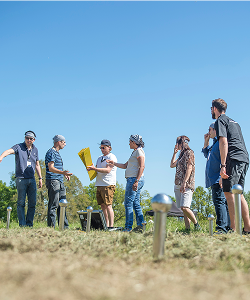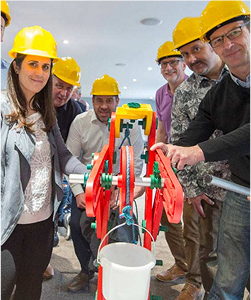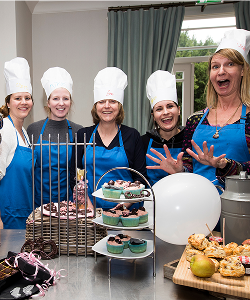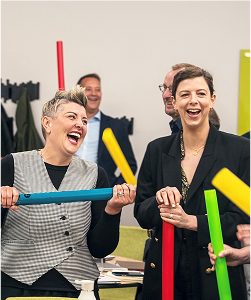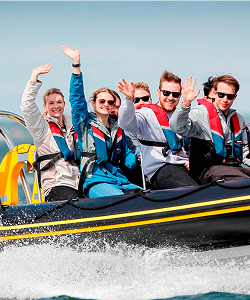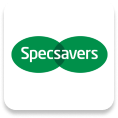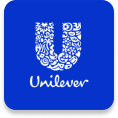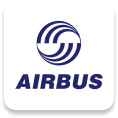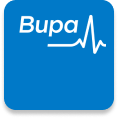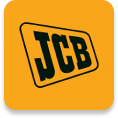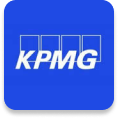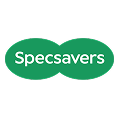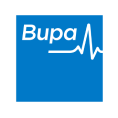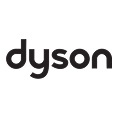Nationwide: 020 3822 0600
Our Team Building Event Types
How To Facilitate
Good facilitators are skilled communicators and have experience that they can draw on to make sessions effective, powerful and relevant to participants. However, it’s fairly straightforward to facilitate a session for 10 - 15 minutes after each activity if you want basic business benefits but don't have significant issues to address.
on a team building activity day the best information comes not from the activity instructor but from the participants themselves. The reason for this is simple; it’s highly relevant to them.
One of the key roles of the facilitator is to draw information out of quieter members of the group while managing the more talkative team members. This can take a lot of focus and energy but it will lead to a much better outcome.
Here are some suggested questions for facilitating various outcomes.
Basic facilitation questions:-
- What do you think about ……..?
- How did that make you feel?
- What concerned you about …….?
- What might you have done differently?
- How do you think your colleague perceived it?
- How else might you have responded?
Facilitating Leadership:-
- How was leadership demonstrated in that session?
- Was it effective or ineffective?
- How could leadership have made a better outcome?
Facilitating Teamwork:-
- Did you work together in that session?
- What could have been done better?
- How does it relate to what happens at work?
Facilitating Change:-
- How did you adapt to challenges in that session?
- What did you do too much of, or not enough of?
- Are things happening at work that are represented by what happened?
Checking Motives:-
- What leads you to say that?
- Say more?
- How did you come to that conclusion?
- What is important to you about xxxx?
- What prevents you from……..
- What’s behind that thought?
- What made you decide to……
- How do you decide…….
- What led you to that conclusion
Questions for bringing in the rest of the group
- How do others feel?
- What other perspectives are there?
- What might be a way forward?
- What was the most useful thing you learnt here?
- What will you do differently next time?
- What help do you need to move this forward?
You will want to change the format of the questions to turn it into a natural discussion; no-one wants to think that they’re dealing with someone who is working from a script. The really useful discussion will come in the answers to these questions and that will add to the session so that it's not just a list of questions.
Open / Closed Questions
A closed question allows people to give the answer 'yes' or 'no' and this gives limited learning potential. Closed questions do not need to be avoided but there needs to be a balance. 'Did you work together well?' is a closed question whereas 'what could have been done better?' is open, unless you have a difficult group who answer 'nothing'.
If you have a day with half a dozen activities it can take a couple of activities for the team to loosen up, so you may find answers more closed to start with.
Open Facilitation.
This can be the most powerful approach of all. At its most simple it is:-
What worked?
What didn’t work?
How does this relate to work?
Open facilitation is powerful because it gets to the core of the real issues. Sometimes companies will tell you that the issue is change and, in fact, it’s how the group get on as a team. Open facilitation can get to the core issues fast.
